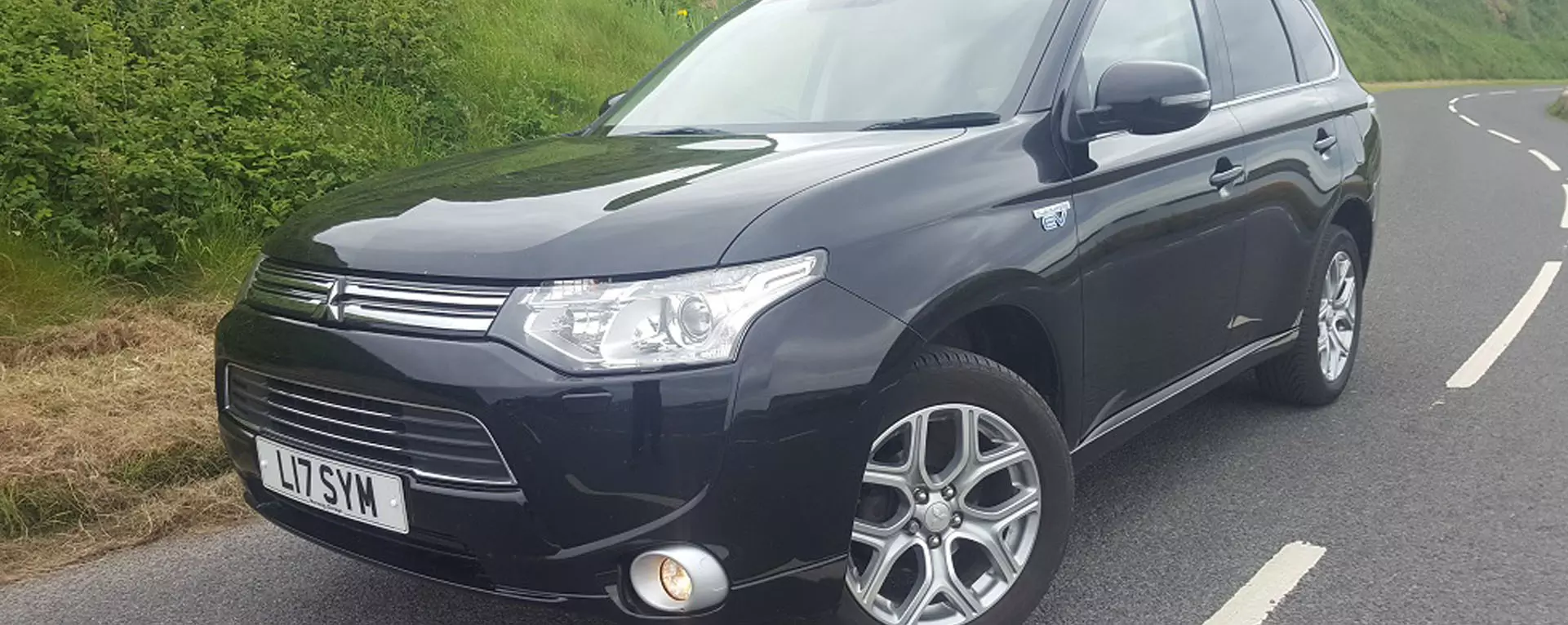What You Should Know Before Buying An Electric Car?
What you should know before buying an electric car? Find out more about the benefits of owning an electric car. This article will help you ask the right questions before you discover which electric vehicle is right for you.
Is an Electric Vehicle (EV) Practical?
Whether an electric vehicle (EV) is practical depends largely on your own personal preferences, circumstances and lifestyle. For example, you need to consider the following factors:
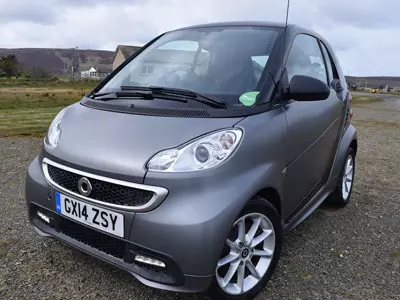
- How far is your daily commute to work?
- How many children do you have?
- Do you travel far, for example, do you go on a lot of road trips?
- Do you have the equipment and room for an electric car (EV)
- Do you need to drive around large cities?
- Do you want to do your bit to help the environment?
- Do you use street parking, or do you have a garage/driveway?
Electric vehicles are best suited to homes where you don't have to travel far to get to work, you don't drive long distance up and down the motorway, and you only have a small number of children. The different models and brands of EVs differ in battery life, range and more.
Electric vehicles (EVs) can also be affecting due to different weather conditions. For example, using air conditioning or climate control in your electric car can affect your car's power, especially if it's really hot or cold.
The Cost of Running an Electric Car
There are several expenses you will need to pay when it comes to an electric car. The initial purchase payment of electric cars is much more expensive than conventional vehicles (petrol or diesel cars). However, the running costs for electric vehicles are much cheaper than the running costs for petrol and diesel cars, so the money you are saving will make up the difference in the purchase price in the long run. You are also exempt from paying any road tax if you have an electric vehicle, saving you even more money.
You will also receive a grant from the Government of £3,000, known as PiCG, which stands for Plug-in Car Grant. Although, the vehicle must cost less than £50,000 to get the grant. The Office for Low Emission Vehicles will also give you a £500 grant, but this may not be the case for all types of electric vehicles.
£ 3,000/ Grant
Costs of Charging your Vehicle
In the UK, there are now about 30,000 public charging points, but they are growing steadily.
Charging at Home
For a full charge, it costs around £8.40
£ 8.40/ Full charge
Rapid Charging
For a 30-minute charge, which will usually give you 100 miles, it costs approximately £6.50
£ 6.50/ 100 miles
Charging at Public Charging Points
You may find that these are free whilst you are using the facilities
£ 0.00/ Possibility
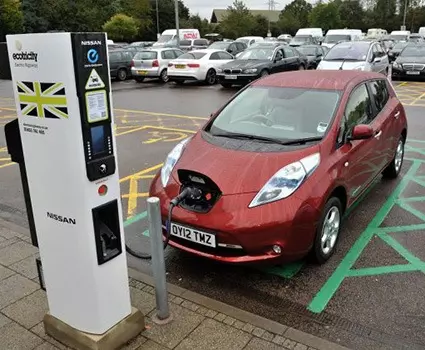
Where and How Will I Charge the Vehicle?
The charging stations are steadily growing, and are starting to be used more at supermarkets, lamposts and more. There are around 30,000 public charging stations in the UK, and in some cases, public charging is free whilst you are using the facilities.
Charging can take anything from 8 - 24 hours depending on the car's brand and charger type; normal or rapid. You can also have a charger at home that will charge three times faster than normal three-pin plugs. To do this, you will need to buy a charging unit; however, according to local building codes, it must be installed by a professional with years of experience in the industry.
After charging, you need to work out the distance you can travel before you need to charge your electric car again. If you are planning on travelling far, you need to find out where the charging points are along the way and ensure you leave yourself enough time to get to the charging points.
The 10 Best Electric Cars on Sale Right Now
There are so many amazing brands of electric cars on the market at the moment. However, it is so important to choose the best car for you. For example, you need to think about your family's size, how long the car takes to charge, how far you can travel until the car needs charging again, and more.
Buying an electric car is a large investment to end up being disappointed with. This is why, if you are struggling to decide as to which electric car drive, you should get in contact with a professional. They will be able to point you in the right direction and ensure you get the car that suits you the best. Here is a list of the 10 best electric cars on sale right now:
Kia Soul EV
A lot of equipment and features
The boot is minimal
The driving position is excellent
The ride is relatively fidgety
The driving range is spectacular
It doesn't have flexible back seats
Jaguar I-Pace
Allows you to travel far between charging
The visibility from the rear window isn't satisfactory
Added comfort
More expensive than some of the other electric vehicles
It comes with entertaining handling
Other car brands can charge must faster
Renault Zoe
Luxurious interior
Poor driving position
Long-range compared to other electric cars
Not enough rear headroom
Fast acceleration
It doesn't have automatic emergency braking
Peugeot e-208
Classy interior
On the expensive side
Easy to drive
Unreliable brake pedal
It comes with lots of equipment and features
Cover a decent number of miles when charged
Kia e-Niro
It comes with many features and equipment
More on the expensive side
Fast acceleration
Slow charging
For real-world driving, this car provides a 250-mile range
Euro NCAP safety rating is non-existent
BMW iX3
Well priced compared to other EVs
Quieter engine
Great infotainment features
Slower charging and shorter range than the Tesla models
Provides a long-range
Not as fast as the other EV brands
Fiat 500
Nippy around towns
The back seats are tiny
Good financially
Driving on the motorway can be noisy
Provides a good amount of range between charges
Can't go as far as other brands of EVs once charged
Porsche Taycan
Spectacular performance
Not cheap at all
Luxury and high-quality interior
It doesn't offer the same range as other EVs
Excellent and enjoyable when driving round corners
It doesn't come with many features included
Volkswagen ID.3
Impressive performance
The interior isn't exquisite
Easy to drive
The charging network isn't as good as Tesla's
Range lasts a decent amount of time
The infotainment system could offer more features
Tesla Model 3
Excellent acceleration
The build of the Tesla needs improving
Can travel long distances between charges
It doesn't have entertaining handling
Very practical
Firm driving
Fast charging, using the Tesla Supercharging network
Fully Electric vs Hybrid
Do you want to help protect the environment and prevent the environmental impact that petrol and diesel cars have on the environment? In this article, you'll find some further information regarding EVs and Plug-in-Hybrids to help you decide whether to purchase on or not.
Hybrid cars are green, efficient and reliable, and their battery life lasts even longer than electric cars. There are also many more gas stations than EV charging stations, so hybrids may be more suited to you if you drive around a lot.
EV Charging Stations
There are only around 30,000 public charging points around the UK. Although statistics show there is at least one charging point in reach of each household, it may be different when you're travelling around different countries. In some cities around the UK, charging stations are being installed in lamp posts.
Tesla has its own supercharging network around Europe and the UK, located at hotels, shopping centres, motorways, business parks and many other public places. The Tesla Model 3 has a 250kWh battery and can be filled up using the latest third-generation supercharger. This new supercharger can add an extra 1,000 miles per hour to the range.
The charging rate for electric cars (EVs) is measured using kilowatts (kWh). Each of the car brand's charging stations provides different kilowatts. They range between 3kWh and 250kWh. Excluded Tesla, the car brands charging networks are separated into categories, including:
Fast
7/ kW / 22/ kW
Rapid
25/ kW / 43/ kW / 50/ kW / 100/ kW 120/ kW / 150/ kW
Industry-Leading
350/ kW
There are also different types of plugs, including:
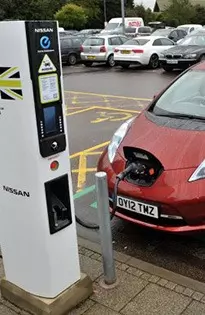
Commando
Yazaki
CCS
CHAdeMO
Type 2
Now, onto payment methods. A few years ago, you used to have to set up an account for each charging network. This meant you needed to either download an app on your smartphone or carry around a contactless RFID card, which you would use to pay for your charging. Fewer of these types of charging stations are being built, and more contactless payments of debit and credit cards are being built.
Over the years, different manufacturers have tried to make improvements to the charging network systems. For example, Porsche has made a system where your charging account is automatically made with an app or contactless card, which Porsche branded, which you can use at almost all of the charging stations.
Polestar, partnered with Plugsurfing, has also tried to improve, including their RFID branded contactless card, which you can use at nearly 200,000 charging stations across Europe.
Electricity prices can vary; for example, in some supermarkets, charging stations are free whilst you are using the shop. Also, different stations charge different amounts, and the speed of the charging also differs too.
If you apply to be a BP member, partnered with Polar Plus, you can expect to pay around £7.85 every month, and you'll receive free charging for nearly all other locations. If you don't want to become a member, you can expect to pay around 40p for every kWh you use.
EV Maintenance
Maintenance costs for electric vehicles can be costly, as can repairs. Also, because electric vehicles haven't been around for long, many licensed mechanics aren't completely knowledgeable and experienced when it comes to electric cars and may struggle to fix them.
Some of the parts for electric cars can be hard to hunt down, and sometimes it may be necessary for the owner of the car to take it to the original vehicle manufacturer when maintenance jobs are required.
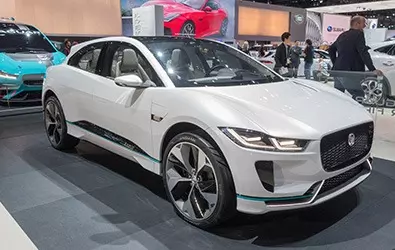
Take the Nissan Leaf, for example. If your Nissan Leaf needs a battery replacement, then you can expect to pay around £5000.
All regular maintenance jobs will cost a lot more than they do for conventional cars. You need to ensure you calculate the costs before you have the work done and even before you buy the car to ensure it is affordable.
If you would like some further advice about EV maintenance, please don't hesitate to contact a professional. It is so important you have all the information you need before deciding whether to buy an electric car.
Battery Life of an Electric Vehicle
Replacing an electric car battery is so expensive, and in some cases, it can be over £5,000. You'll need to work out how often you will need to replace your car battery to ensure you can afford the car itself. Some electric vehicles' batteries need to be changed every 150,000 miles, whilst many manufacturers will say their car battery can last for more than 500,000 miles.
Sometimes, overcharging, adverse weather conditions, and power surges can affect the car batteries. Also, your battery can chemically deteriorate over time.
Like most electrically powered appliances, when your electric car has been driven for a long time, it starts to lose battery capacity. This usually happens after the car has been driven for over 30,000 miles.
The signs of this are usually your car not being about to travel the same distance as usual and needing to be charged more often, which will only start to worsen over time. You need to check your warranty when this start to happen, as many electric vehicle companies offer a 60,000-mile warranty on their batteries.
If you believe your battery is starting to deteriorate or lose its efficiency, then please get in touch with your local dealer today.
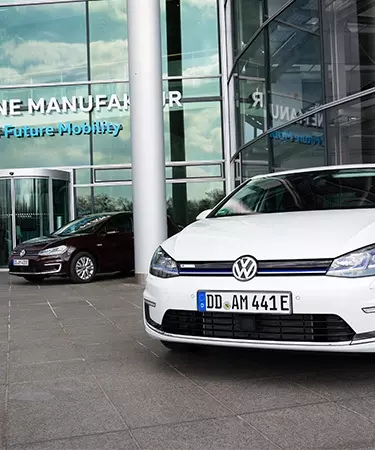
What is the Driving Range of an Electric Vehicle?
When it comes to electric cars, driving range is one of the most important things to think about. Statistics and research have shown that driving range is one factor that puts people off buying electric cars, as people worry that they will run out of charge on long journeys. Also, there aren't as many EV charging stations as normal petrol and diesel charging stations.
Within the electric car industry, Tesla models have the furthest driving range. They can travel 335 miles without needing to be charged. Although this is great for most people, it isn't great for people who travel far for work or go on many road trips. Here are a few of the electric car models and their driving ranges:
- Tesla models: Around 300 miles
- Chevy Bolt: Around 238 miles
- Nissan Leaf: Around 151 miles
- Hyundai Ioniq: Around 124 miles

If you would like to find any further information regarding the driving range of electric vehicles, please don't hesitate to contact a professional. Remember, it is so important to choose a vehicle that suits you and your needs the best.
This article explains everything you should know before buying an electric car. If you are considering buying an electric car you can view our range of electric cars online.

